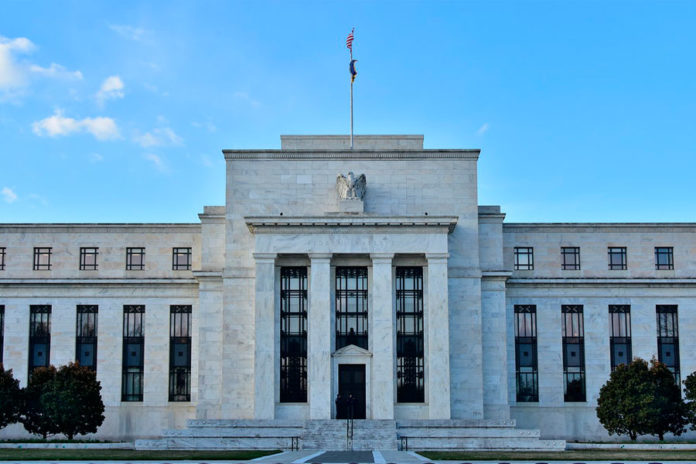The Federal Reserve sent a strong signal, last week, increasing the federal funds interest rate by 0.75 percent, when the US economy was already displaying several indicators of a slowdown. Two previous interest rate increases, together with the promise of several more this year and the decrease in central bank purchases of government and mortgage-backed securities, were enough to tighten financial conditions. For instance, mortgage interest rates almost doubled, from around 3 percent last year to almost 6 percent last week, the highest increase since 2008. As a result, May sales of existing homes dropped to a two-year low, while home construction also decreased, the same with manufacturing and retail spending and even the job market, all slowing down. Meanwhile, the stock market turned to bear territory, down 22 percent since the record high reached on January 3.
Therefore, anxiety was unleashed about a coming recession and even some assertions that we may already be there. However, an experienced voice interceded, the same day the central bank meeting ended. In an op-ed in The New York Times (06/15/22), the former Federal Reserve chair Ben Bernanke said the central bank “can control inflation,” depending on at least three factors. First, how quickly supply-side problems, such as oil prices or supply-chain performance, will subside; second, how spending will react to tighter financial conditions; and third, the central bank’s credibility as an inflation fighter. Out of these three, Mr. Bernanke said the last one is the most important.







